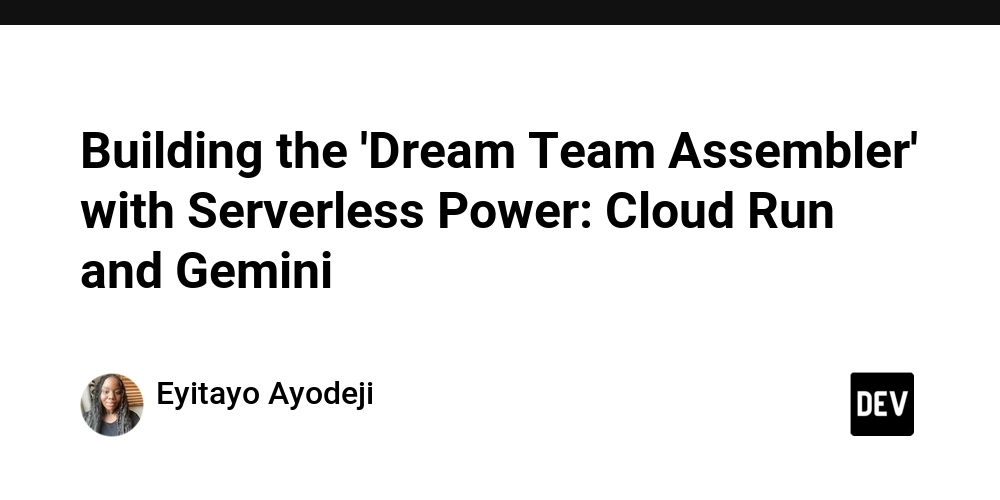The United States government has confirmed new visa allocations for 2025, aimed at addressing labor shortages in specific industries. Thousands of temporary and seasonal work visas will be made available, particularly under the H-2B program. At the same time, policy adjustments in the H-1B program are expected to affect skilled workers with higher fees and stricter requirements.
Which Visas Are Affected?
H-2B (Temporary Non-Agricultural Workers): Supplemental visas will be added for 2025, benefiting industries such as hospitality, construction, and seasonal services.
H-1B (Skilled Workers): Regulatory changes include increased application fees and stricter eligibility, making it harder and more expensive for tech companies and professionals.
Who Will Benefit?
The expansion mainly supports employers in tourism, food service, landscaping, and construction—industries that depend on seasonal workers. Small businesses may also find relief as they struggle to meet labor demands.
Impact on Foreign Job Seekers
Positive: Easier opportunities for temporary and seasonal employment in the U.S.
Negative: Higher costs and tougher competition for skilled work visas, especially in the tech sector.
Legal Risks: New policies may face legal challenges, so applicants should stay updated with official announcements.
Quick Tips for Applicants
Check official USCIS and State Department websites for updates.
Consult with employers or legal advisors about how the new fees and rules may affect your case.
Consider alternative destinations like Canada, Europe, or Australia if U.S. options become limited.



